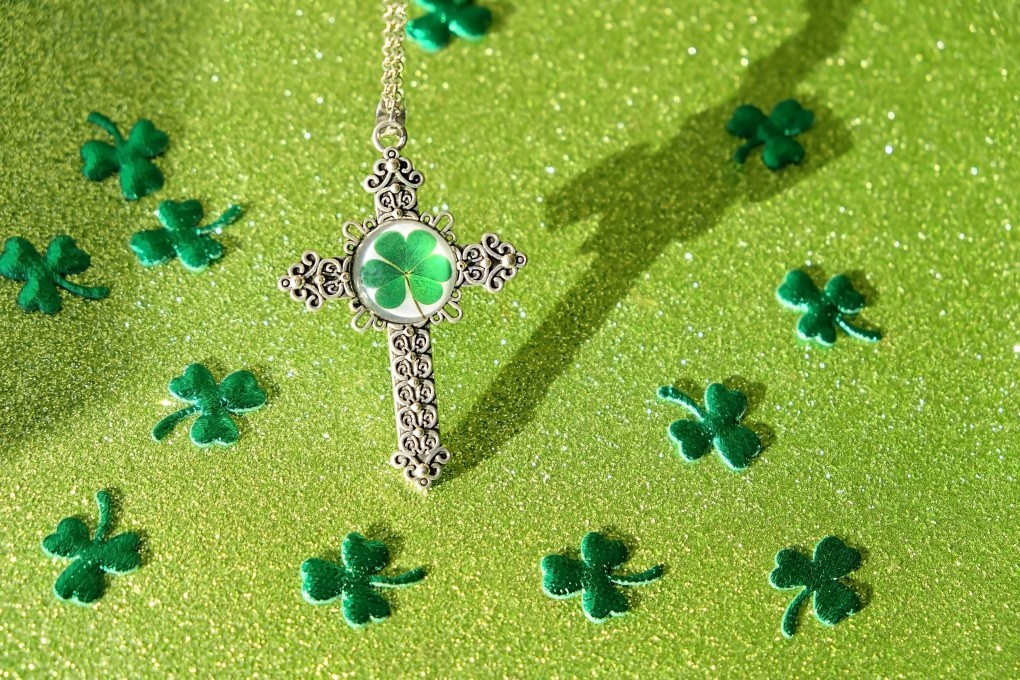St. Patrick’s Day is finally here, but what does this mean for us as Christians? Who was St. Patrick and what did he do? Did he really drive the snakes out of Ireland? Here are some facts about the man himself from a Biblical perspective and how to celebrate this March 17th.
- Saint Patrick was born in 385 AD in modern-day Great Britain and died around 461 AD in what is now Northern Ireland.
The bulk of his life was spent evangelizing to the Irish people as a missionary. He is the Patron Saint of Ireland and is considered an important figure in the history of Ireland. The most common story about him driving away the snakes from Ireland has never been proven and seems unlikely, although many people have heard this legend told over the past 1500 years. One thing that is true, however, is that he saved thousands of souls during his years of ministry in Ireland.
- According to legend, St. Patrick famously used the shamrock to illustrate the Trinity.
A shamrock or a clover has 3 leaves, but is still just one flower, in the same way that The Father, The Son, and The Holy Spirit are all God in three persons. This is one of the most common analogies to explain the complex nature of the Trinity and, as far as we know, St. Patrick was the first person to use this analogy in his teachings.
- St. Patrick’s Day is March 17th, the date of Saint Patrick’s death, according to tradition. It was originally his Feast Day in the Catholic tradition and, as the day was used to celebrate both Patrick himself and the Irish identity, those celebrating were allowed to consume meat and alcohol, despite the fact that March 17th takes place during Lent (when both are forbidden). This is why St. Patrick’s Day (particularly in America) is associated with drinking alcohol.
- Since St. Patrick was born almost 300 years after the final book of the New Testament was written, obviously the Bible does not say anything directly about celebrating St. Patrick’s Day.
However, as with many topics we face in the world today, we can infer from the Scriptures what the right course of action would be and how best to serve Him. On the consumption of alcohol, for example, the scriptures are quite clear.
The Apostle Paul wrote in 1 Timothy 5:23 (KJV) “Drink no longer water, but use a little wine for thy stomach’s sake and thine often infirmities.” At the wedding in Cana of Galilee, Jesus didn’t turn the wine into water, did He? A little bit of alcohol can be a good thing and make for a pleasant evening, but it only becomes a sin when drinking too much causes you to lose self-control. In Galatians 5, the Apostle Paul refers to “drunkenness” as a quality of the flesh (contrasted with The Fruit of the Spirit in the same chapter). In the same way that being tempted is not a sin, but giving in to temptation is, having a few drinks on St. Patrick’s Day with your friends is perfectly okay if you wish, but drinking too much and losing control would not be.
- Celebrating St. Patrick’s Day is a good thing, as long as you’re doing it for the right reasons.
Christmas should be a celebration of the birth of Christ and not just a day to receive gifts. Thanksgiving should be about giving thanks to the Lord for his many blessings and not just a day to eat turkey and watch football (although those are also fun activities!). In the same way, Christians should celebrate March 17th as the day honoring a man who led many souls to Christ over the course of a few decades in Ireland. If you want to have a drink or two to celebrate, that’s okay. If you choose not to, that’s okay, too.
Dear Lord, we praise You and thank You for this day, and for all the many blessings that You have given unto us. We pray that the people of Ireland and all around the world may continue to hear the Gospel message and come to know You as we have, Lord. We pray that we may follow St. Patrick’s example and help spread The Word to all nations and all people around the world. Let us not be afraid to speak about our faith, Lord. We pray these things in the name of Jesus, our Lord, and Savior, Amen.


